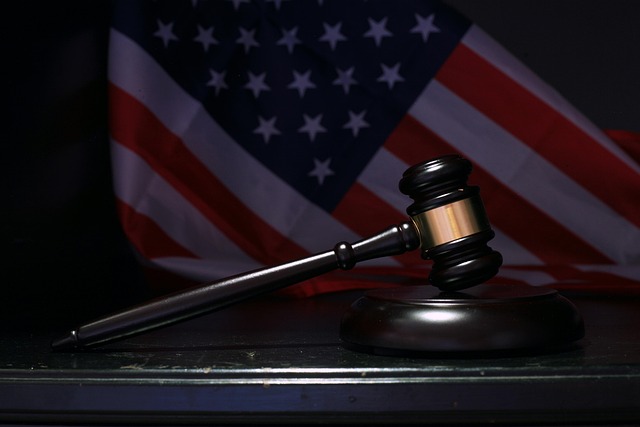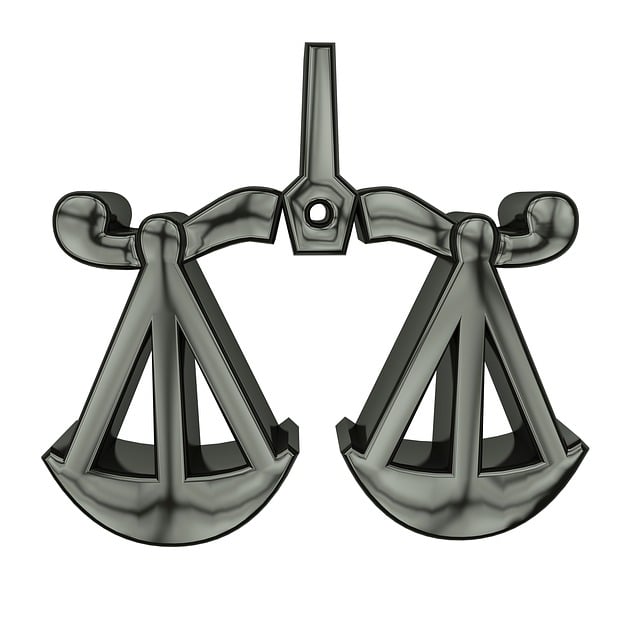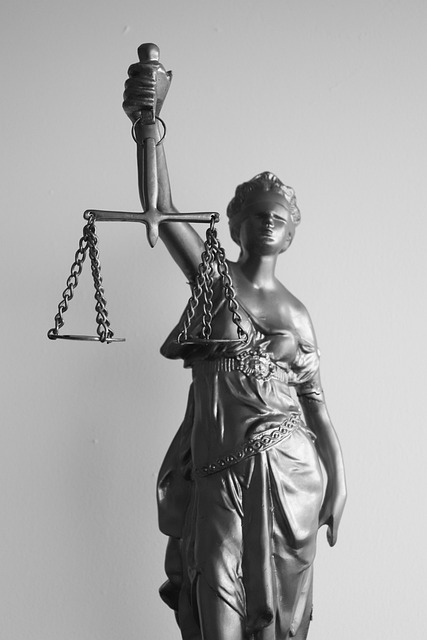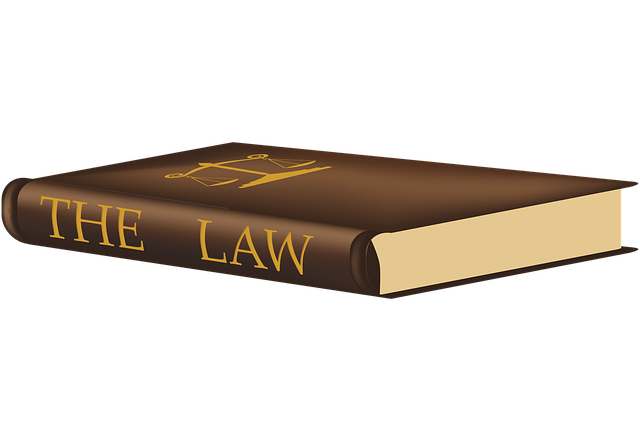Finance crime probes not only uncover fraud and money laundering but also reveal unfair workplace practices, leading to significant legal action. Organizations can mitigate risks by understanding investigations, implementing robust internal controls, and staying ahead of regulatory requirements. Employees have rights during these probes, ensuring fairness and dignity. Identifying and addressing discrimination and wrongful termination requires strategic approaches, including evidence gathering, legal consultation, and formal complaints. Successful legal actions result in compensation, corporate reforms, and potential criminal charges, setting precedents for industry-wide transparency and accountability.
In today’s digital era, understanding finance crime probes is crucial for both employees and employers. Unfair workplace practices, such as discrimination, harassment, or financial misconduct, can have severe consequences. This comprehensive guide delves into the legal framework surrounding these issues, providing insights on identifying and addressing unfair practices. Learn how to take a legal action for unfair workplace practices with our step-by-step process, supported by real-world case studies that highlight the impact of successful legal actions.
- Understanding Finance Crime Probes: Uncovering Unfair Practices
- Legal Framework: Rights and Protections for Employees
- Identifying Unfair Workplace Practices: A Comprehensive Guide
- The Process of Filing a Legal Action: Step-by-Step
- Case Studies: Successful Legal Actions and Their Impact
Understanding Finance Crime Probes: Uncovering Unfair Practices
Finance crime probes are investigations aimed at uncovering unfair practices within financial institutions. These probes can range from fraud and embezzlement to insider trading and money laundering. Understanding the intricacies of these investigations is crucial, as they often lead to significant legal action for unfair workplace practices. By delving into the all stages of the investigative and enforcement process, regulators and authorities aim to achieve extraordinary results in holding culpable parties accountable and restoring fairness within the industry.
Avoiding indictment is a primary concern for any organization under scrutiny. Proactive measures, such as robust internal controls and compliance programs, can help mitigate risks. Staying ahead of regulatory requirements and fostering a culture of ethical conduct are essential strategies to navigate these complex investigations successfully and avoid legal repercussions.
Legal Framework: Rights and Protections for Employees
In the realm of finance crime probes, understanding the legal framework that protects employees from unfair workplace practices is paramount. When it comes to white collar and economic crimes, the respective business environment must uphold specific rights and protections for individuals caught up in such investigations. Employees have the right to know the nature of the allegations against them, access to legal counsel, and protection from discrimination or retaliation during and after the probe. These safeguards ensure that those under scrutiny can navigate the legal process with fairness and dignity, achieving extraordinary results without undue pressure or harm.
The legal action for unfair workplace practices extends beyond mere compliance; it fosters a culture of transparency and accountability. Organizations must ensure their policies and procedures align with these protections to maintain trust among employees and stakeholders. By embracing best practices and staying informed about evolving laws, businesses can prevent misconduct while promoting ethical conduct, ultimately contributing to a robust and trustworthy economic landscape.
Identifying Unfair Workplace Practices: A Comprehensive Guide
Unfair workplace practices can range from discrimination to wrongful termination and everything in between. Identifying these issues is crucial for both individuals and organizations, as it paves the way for legal action that can lead to significant compensation and transformative change. A comprehensive guide should cover various forms of mistreatment, offering clear definitions and examples to help employees recognize abusive behaviors.
Moreover, this guide should emphasize the importance of documenting incidents, consulting with legal experts early on, and understanding the complexities involved in high-stakes cases. Achieving extraordinary results in these situations requires a thorough investigation, compelling evidence, and an unprecedented track record of success from the legal team handling the case.
The Process of Filing a Legal Action: Step-by-Step
Filing a legal action for unfair workplace practices involves several steps that must be carefully navigated. First, individuals who have experienced such treatment should gather all relevant evidence, including any documents or communications related to the alleged violations. This could involve pay stubs, performance reviews, or even emails or text messages that detail discriminatory or retaliatory actions. Once this is done, they need to consult with an attorney specializing in employment law to understand their rights and options under the respective business’s laws and regulations.
Next, the individual should file a formal complaint with the appropriate government agency tasked with investigating and enforcing workplace rights, such as the Equal Employment Opportunity Commission (EEOC) for civil rights violations or state-specific labor departments. After filing the initial complaint, the process may include mediation or an investigation by the agency. If these attempts to resolve the issue fail, legal counsel can file a lawsuit on behalf of the client, seeking damages and other remedies available under the law. This step-by-step approach is crucial when dealing with white-collar and economic crimes, ensuring that justice is served for corporate and individual clients alike.
Case Studies: Successful Legal Actions and Their Impact
Successful legal actions against finance crime have served as powerful tools for upholding justice and deterring future misconduct. Case studies reveal that well-executed lawsuits can lead to significant outcomes, including financial compensation for victims, restructuring of unethical practices, and even criminal charges for perpetrators. For instance, a landmark case involving a major financial institution highlighted unfair workplace practices, such as discriminatory hiring and promotion policies. The resulting legal action not only resulted in substantial damages being awarded to affected employees but also prompted the company to implement sweeping reforms, transforming its corporate culture and ensuring compliance with anti-discrimination laws.
These successful legal actions have far-reaching effects, extending beyond individual cases. They set precedents that shape the behavior of other organizations within the financial sector, encouraging transparency and accountability. Moreover, winning challenging defense verdicts in these cases can expose systemic issues and create a ripple effect, fostering changes in regulatory frameworks and strengthening protections for consumers and investors. This, in turn, enhances public trust in the financial markets and ensures that businesses operate with integrity and fairness, ultimately benefiting the broader philanthropic and political communities.
Finance crime probes are essential tools for uncovering unfair practices in the financial sector. By understanding the legal framework, identifying specific workplace misconduct, and knowing how to file a legal action, employees can protect their rights and secure justice. The case studies presented highlight successful outcomes, emphasizing the significant impact of taking a stand against unfair treatment. If you’ve experienced such practices, considering a Legal Action for Unfair Workplace Practices can be a powerful step towards redress and positive change.






